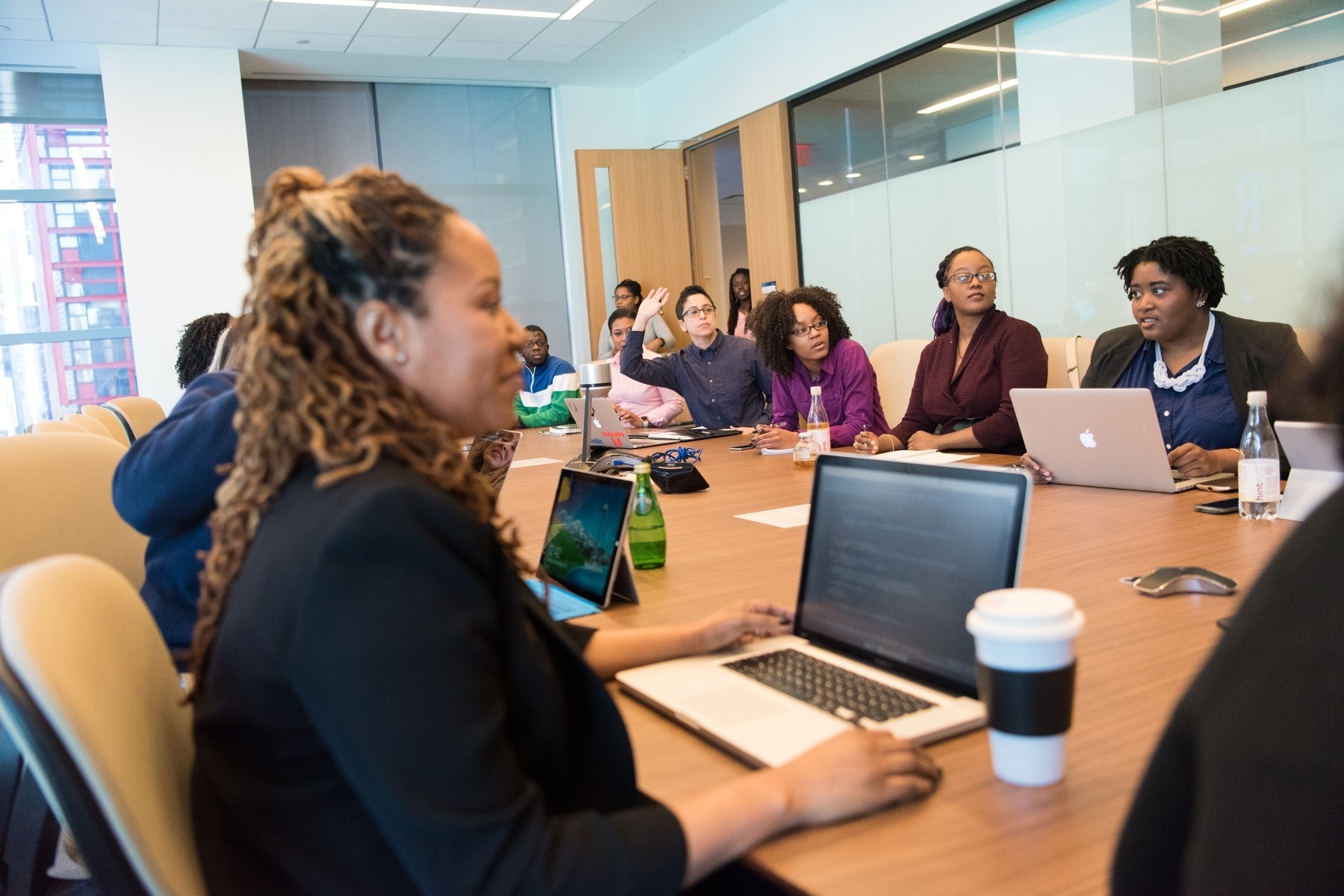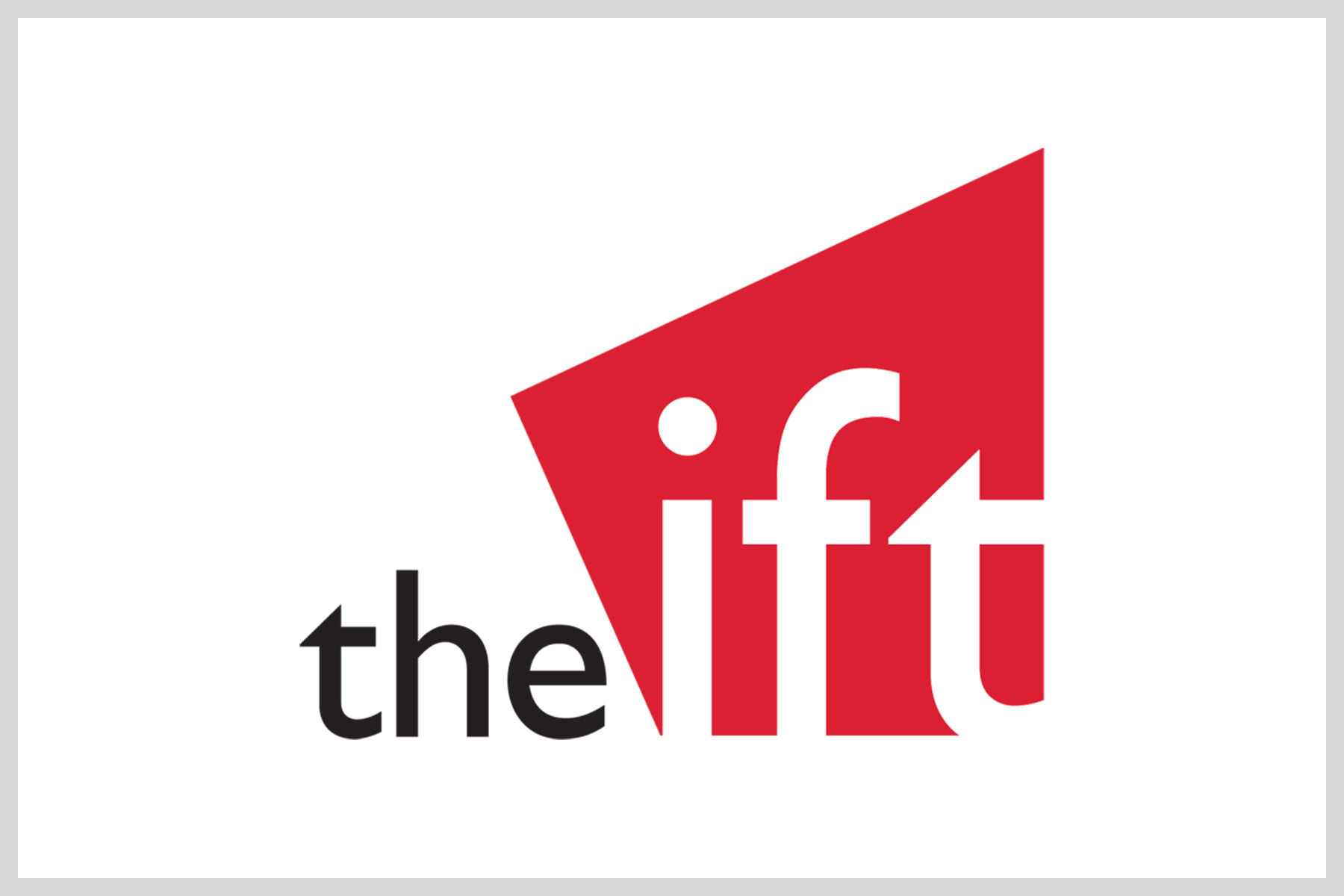Over the last couple of years, we have been supporting colleges to successfully complete Transactions Unit (TU) applications for financial support from the Restructuring Facility.
These applications relate to both mergers and ‘Fresh Start’ stand-alone applications. We have been engaged in lead roles on some complex applications which have resulted in successful mergers, and are currently well progressed with our latest ‘Fresh Start’ application.
For a while longer, mergers will continue to be a dominating feature in the Further Education sector, and while much has been written about the intended financial outcomes of restructuring facility support, far less attention has been paid to how to successfully manage these applications – often in a highly pressured environment.
Our knowledge and experience suggests existence of some misconceptions around the whole process. There is a sense that few deals have completed, that the quantum of funding committed has been low and that deals are very protracted to complete. De Novo’s dealings with the TU give us some cause to challenge this, and here’s why. We have seen eligibility criteria, timelines and both deal quantum and structure all accommodated with varying degrees of flexibility. However, it is critical that clear and credible information is provided to support what is being asked for, and specifically that there is evidence of the necessary changes being embraced going forwards to actually deliver on the business plan. Yes, deals can take longer than expected to complete, but this is often down to issues with the information being presented in the first place.
All of this is of heightened relevance right now, as the official September 2018 deadline for making applications is rapidly approaching. Bearing in mind the often complex nature of completing a restructuring deal, the sooner applications are made, the better the prospects of completion, which is required by the end of March 19.
With this in mind, and of course also remaining ever mindful of the forthcoming insolvency regime, here are our Top Ten Tips to adopt to maximise the prospects of an application:
De Novo’s 10 Top Tips for a successful TU application
1. Strong stakeholder engagement – open and transparent communication with financial stakeholders from the outset is key. Provide regular updates, both on progress and the challenges faced. The skill and time involved in managing this effectively often comes as a surprise to Management and Governing Bodies, but executed professionally, it can make all the difference.
2. Structured approach – preference is for a succinct application, with content always trumping style. Highlight change and ambition, but importantly also balance this with a dose of realism too.
3. Coherence, balance and value for money – curriculum and teaching plans must tie clearly to the financial plan, along with other key segments, notably estates strategy, demonstrating a single coherent plan. A sensible balance between financial demands and educational needs must be struck.
4. Do not under estimate demands – adequate financial skill and resource is critical, and the demands on the finance team should not be under-estimated. This not only applies pre completion, but also for subsequent monitoring post-merger / fresh start.
5. Be prepared – independent reviews are often needed as part of the business planning process eg, for curriculum, estates and IT. Build in time, and take account of the additional burden of these demands on key personnel.
6. Timeline and key milestones – introduce these as a tool to aid the business planning and application process, and share with stakeholders to highlight progress, to manage expectations, keeping clear focus on “how” the Plan will actually be brought to life. The timescale to completion will largely be dictated by the quality of information provision from the outset, and so investing in this front end will aid acceleration of the process.
7. More time needed? – extension requests to pre agreed submission timescales must be credible, explaining what will be achieved and how. A robust plan supported by clear assumptions that takes a little longer to produce, will be better received than a rushed timely plan that later “falls down” at due diligence; quality information and effective communication are key.
8. Leverage DD support – engage DD providers at an early point as this can provide invaluable support ahead of DD commencing and make for a smoother, more efficient process. Stakeholders will want to approve the tendering DD firms, as well as the scope, which will take longer than expected if not handled right.
9. Co-ordination – lead regular and meaningful opportunities for cross stakeholder communications (TU, Banks, ESFA, LEP, LA, etc), which will make for a smoother path at advanced stages. Local stakeholder support is critical and must be evidenced.
10. Seek professional support – engage specialist skills from a restructuring and turnaround professional early in the process. Stakeholders will encourage this and view it as valuable investment, rather than pure cost. Some funding support is available, and therefore cost itself should not be a barrier to sound advice.
Our application process has been refined to maximise efficiencies, leveraging restructuring expertise and best use of sector knowledge. To discuss your funding concerns or application requirements please don’t hesitate to contact us.









